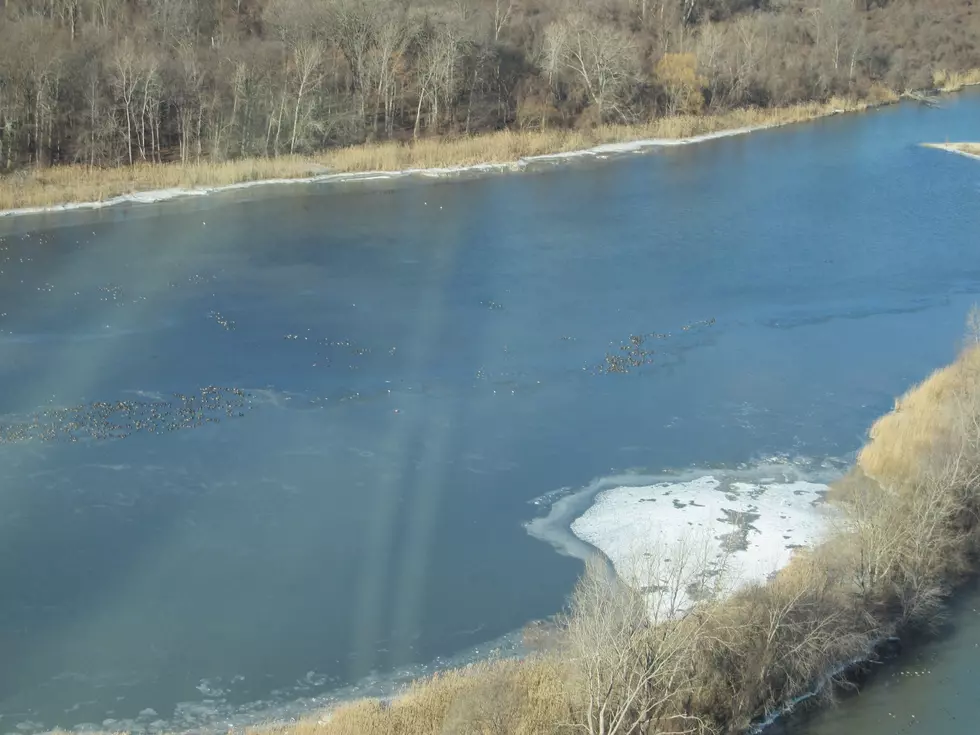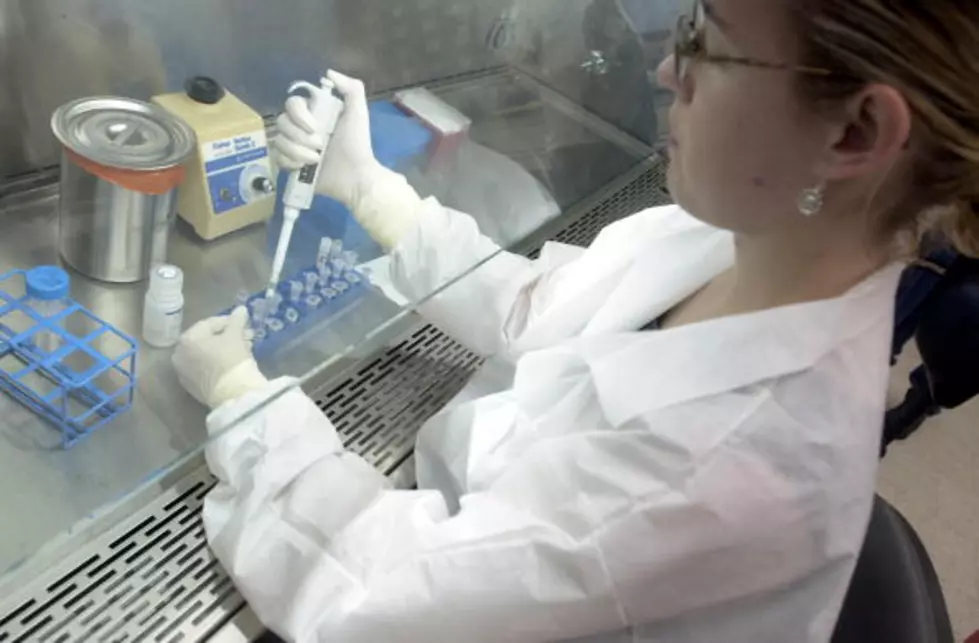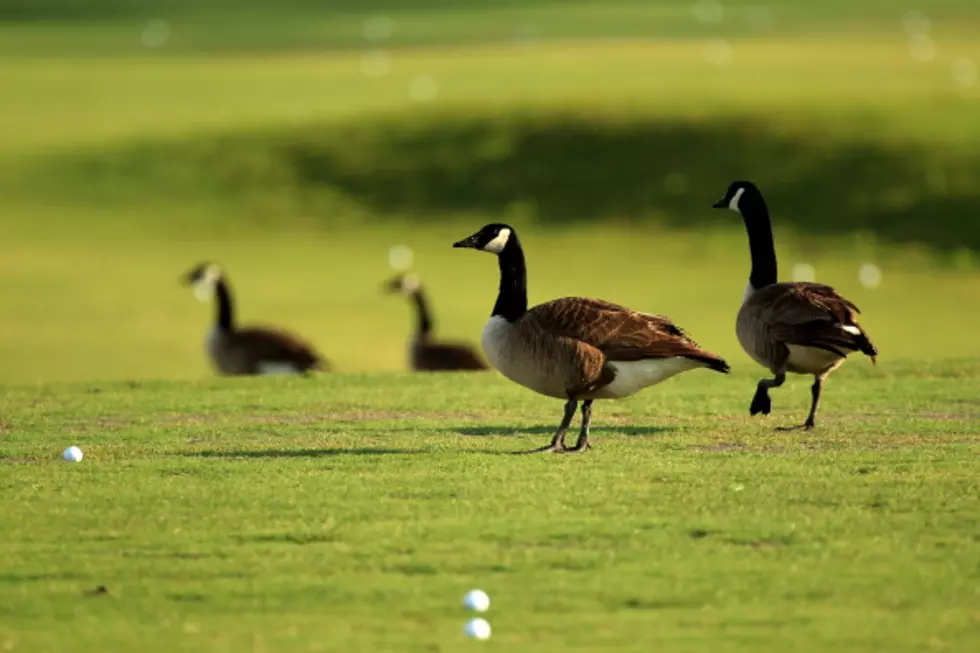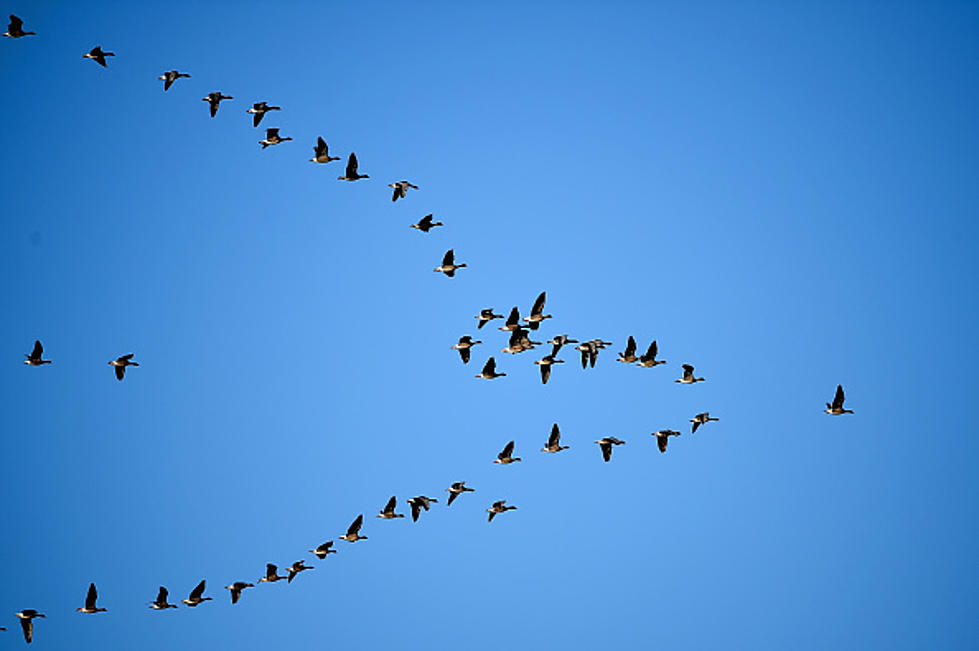
Michigan’s First Case of Avian Flu Confirmed in Wild Geese
Yesterday, the Michigan DNR announced the state’s first confirmed cases of avian influenza H5N2. The disease was found in free-ranging Canada geese in Macomb County.
Highly pathogenic avian influenza (HPAI) can infect both free-ranging and domestic poultry such as chickens, turkeys, quail and geese.
No human HPAI infections have been detected in the United States.
Three goslings collected last week in Sterling Heights were delivered to the DNR’s Wildlife Disease Laboratory for necropsy. Initial testing was performed at Michigan State University's Diagnostic Center for Population and Animal Health in Lansing. These tests were positive and the samples were forwarded to the U.S. Department of Agriculture’s National Veterinary Services Lab in Ames, Iowa, for final confirmation. Confirmation was received on June 6 that the goslings were infected with highly pathogenic avian influenza, subtype H5N2.
Michigan is the 21st state to report a case of HPAI since December 2014. In the other 20 states, the virus has been found in captive wild birds or free-ranging birds, backyard flocks, and commercial flocks. Michigan also becomes the 6th state to detect in wild or free-ranging birds only. To date, there are 226 detections of HPAI across the country (affecting approximately 50 million birds), with Iowa and Minnesota experiencing the most cases.
The U.S. Centers for Disease Control and Prevention considers the risk to people from these HPAI viruses to be low. Avian influenza is not a food safety concern and no birds or bird products infected with HPAI will enter the food chain.
“While this is disappointing news that the H5N2 virus has been found in Michigan’s free-ranging bird population, it was not unexpected given avian influenza has been found in a number of our neighboring states and Ontario,” said Michigan Department of Agriculture and Rural Development Director Jamie Clover Adams.
More From 100.5 FM The River
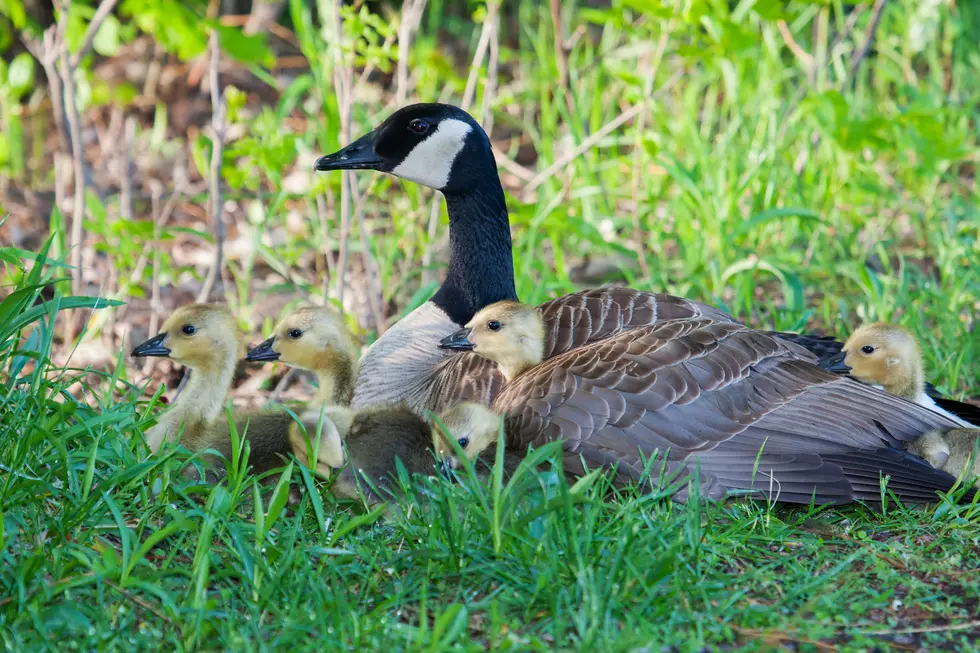
![Geese are Attacking Students on EMU’s Campus [Video]](http://townsquare.media/site/44/files/2019/02/GettyImages-826026292.jpg?w=980&q=75)

